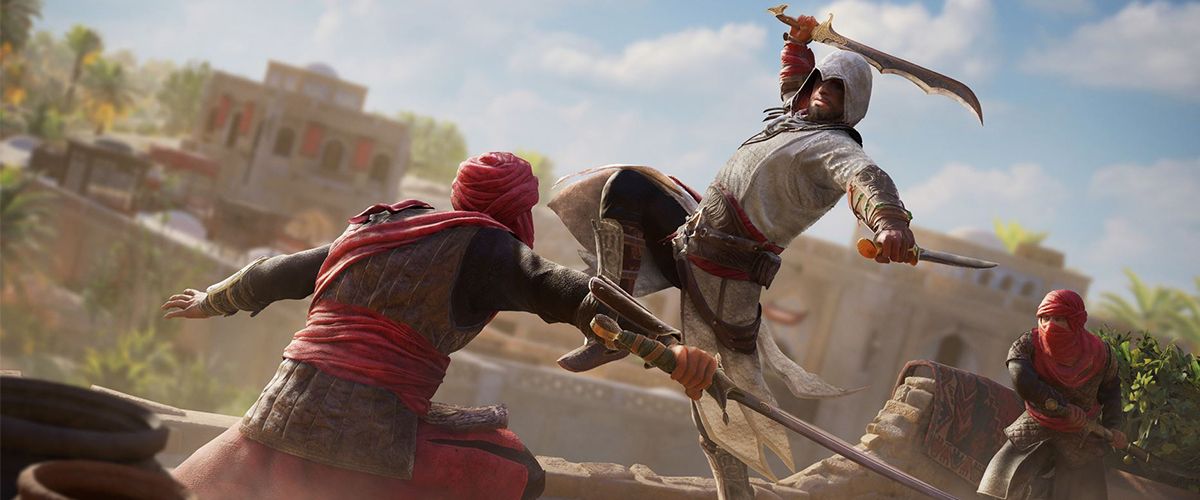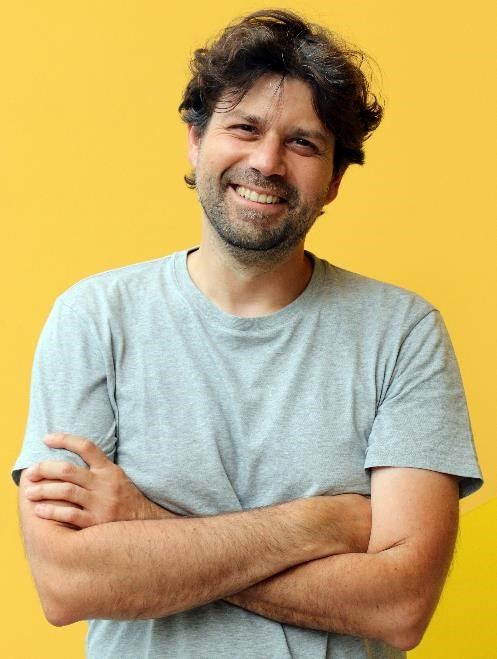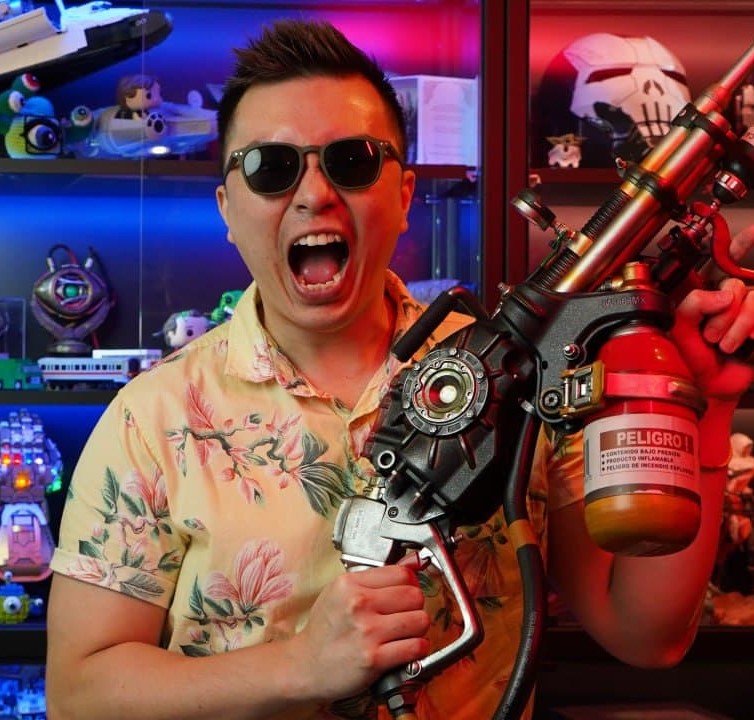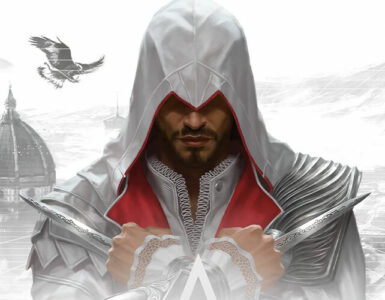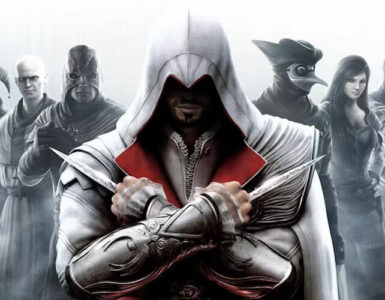- Shares
- 54
For a popular franchise like Assassin’s Creed, each new release is often scrutinised and compared to its predecessors for good and for bad. After all, it has been 15 years since the first game was launched, and plenty of change has happened along the way. That said, for the next big release in the form of Assassin’s Creed Mirage, Ubisoft is making it clear that it is heading to the past to plot its future.
We had the great opportunity to sit down with Stephane Boudon, the Creative Director at Ubisoft Bordeaux, for Assassin’s Creed Mirage, and talked more about the upcoming title, and why it was important for this game to be stripped down to the franchise’s core pillars of stealth, parkour, and those devastating assassinations.
“We heard loud and clear from the fan base, that some players are expecting a return to the original ideas of the first game. That was our inspiration, but to bring them back in a modernised way,” explained Boudon.
In that regard, Assassin’s Creed Mirage is set to be a more narrative-driven and linear experience, instead of the quest-heavy, open worlds of the likes of Valhalla and Odyssey. Boudon shared that “the biggest trade-off” was the RPG-like progression that has been ever-present in the newer entries, with the journey of protagonist Basim Ibn Is’haq growing from a street thing to a master assassin governing the progress players will make in terms of skills and equipment.
However, that is not to say things will be unfamiliar to those that have joined the franchise in its latest form. Instead of segmented sequences found in previous Assassin’s Creed games, Assassin’s Creed Mirage will still be a seamless one, with the Animus once again playing an important role in showcasing Basim’s story.
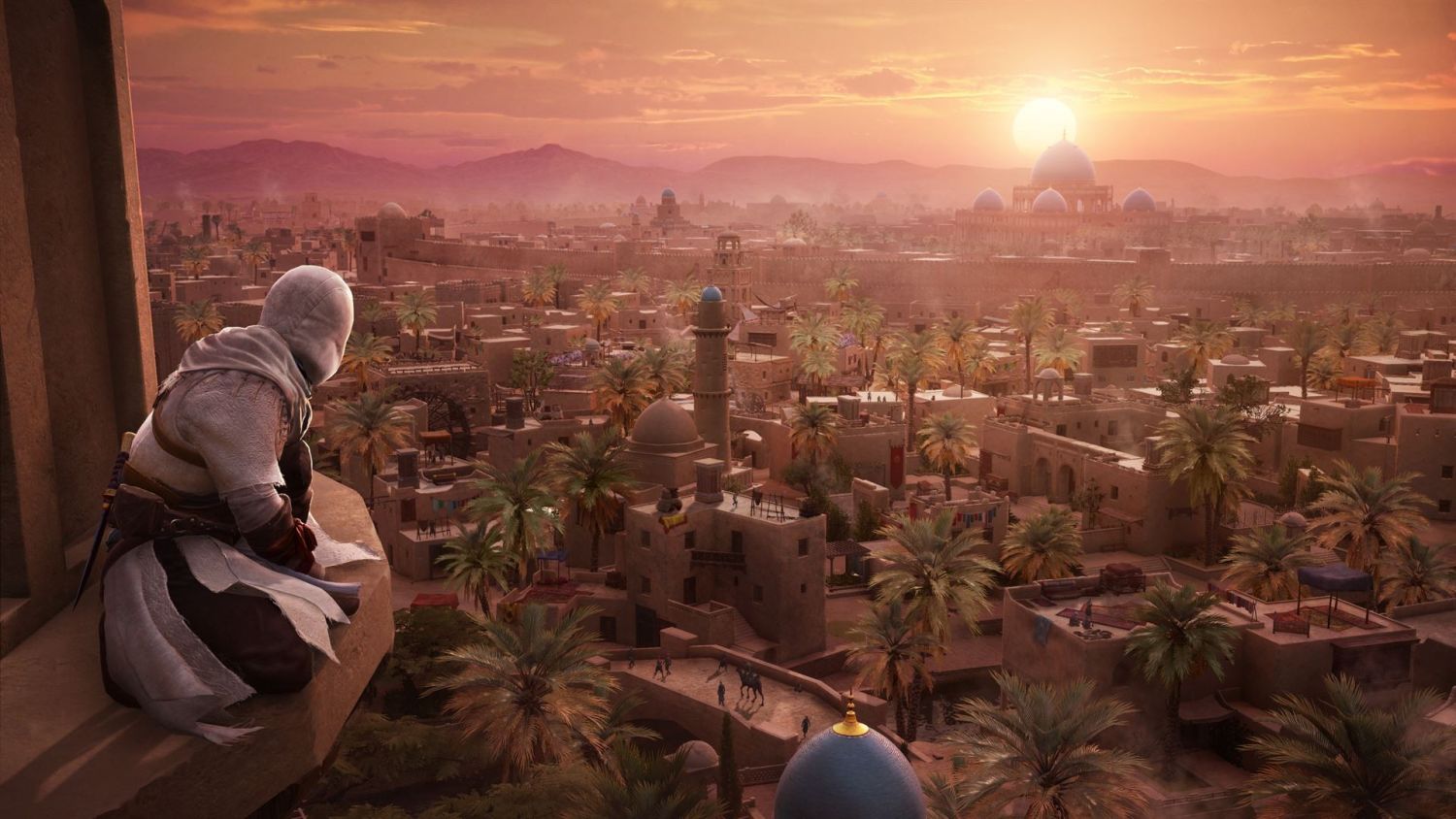
“We wanted to focus on the story of Basim, which was very important for us to tell, which is also why we decided not to have present-day sequences so that players can embody Basim from the beginning to the end,” he added.
Some may be wondering just how the Animus ties Basim into all the other characters introduced in the franchise, especially when ancestor DNA has always been an instrumental factor, but Boudon was not going to spoil things ahead of time.
Even with Assassin’s Creed Mirage paring things back, it is still going to be a major production, and for Boudon and the team in Bordeaux, taking the lead was made easier with partnerships with other Ubisoft studios around the world. Considering the historical stories that could be told and the intimateways in which Ubisoft usually weaves things together in Assassin’s Creed games, any help is always going to be appreciated.
As Boudon shared, “to bring a new setting like Baghdad during the Golden Age, where it’s rich and dense with many stories, it requires huge work.” It was also “interesting work to bring back Assassin’s Creed lore, create links, and make connections to the other games.”
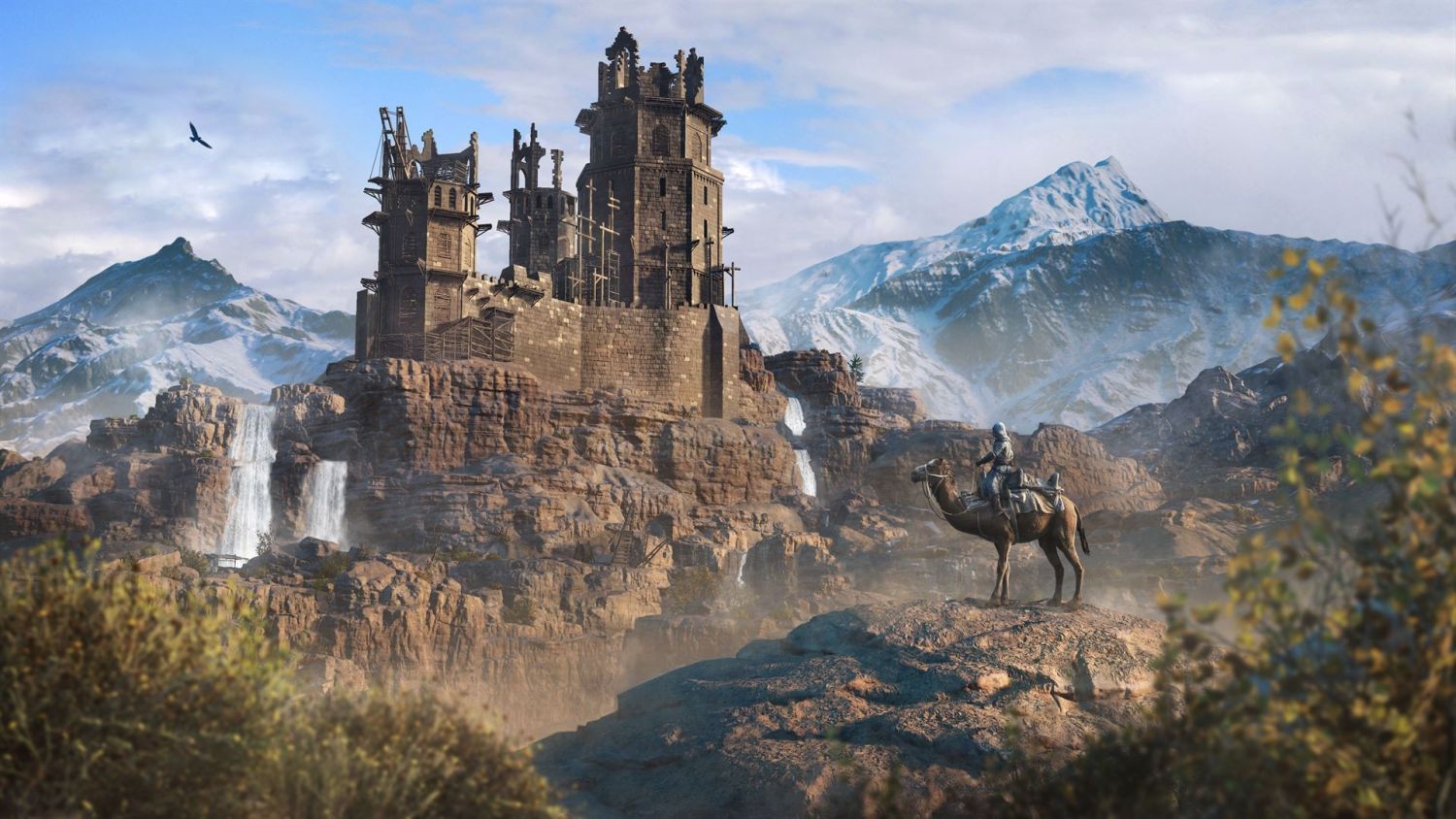
The prequel of sorts also allows for the vital introduction of Alamut, the home of the Hidden Ones that will soon be transformed into a bastion for all the Assassins around the world. Being located close to Baghdad makes the location an even more pertinent one, and the chance to expand more on the mystique means Assassin’s Creed Mirage is the perfect way to go big on the legacy of the organisation.
Speaking of legacy, the direction of the series has undoubtedly moved more into action-heavy, RPG experiences, but from what is being said about Assassin’s Creed Mirage, it will be a more condensed action-adventure, one that is held up by the original pillars. How Ubisoft Bordeaux plans to do this makes for an insightful discussion.
Players will be entering a world where the detection mechanic of enemy AI has been reworked, which provides a “more reliable way to understand how the AI works and react” for better planning, and gain access to useful tools such as traps and bombs. It will all hopefully culminate in fun ways to play with the AI and systems, with upgrades to both skills and equipment as you progress the story to keep things fresh.
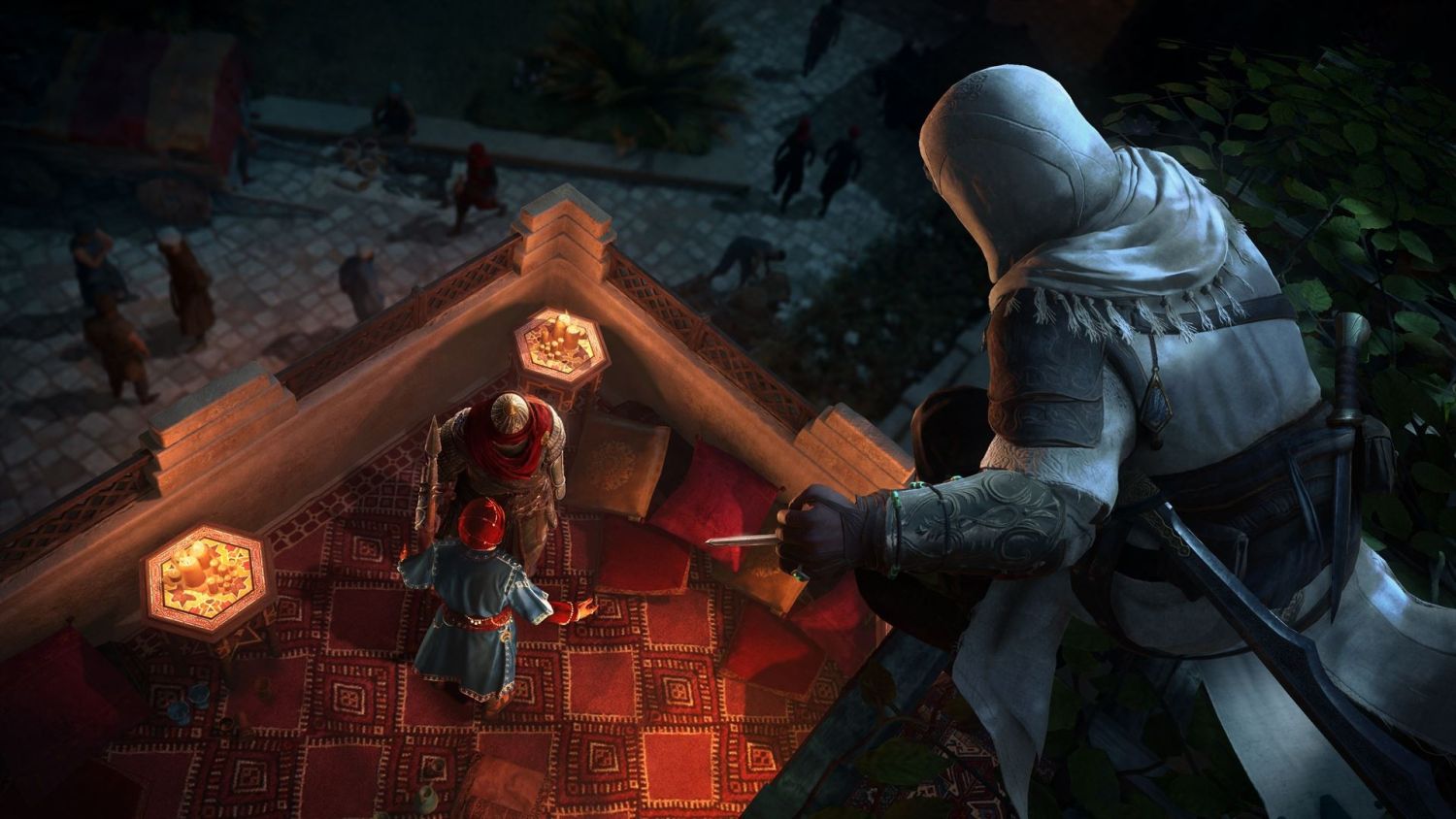
Defining your style will be very important in Assassin’s Creed Mirage, as you will not be able to unlock all skills in the different skill trees of the Phantom, the Predator, and the Trickster. It would be supremely difficult for players to jump into a fight with multiple enemies and come out alive, so playing smartly will ensure survival.
Basim’s agility and efficiency will be displayed in any of the play styles, particularly with his Assassin Focus, where multiple assassinations can be carried out swiftly. Of course, players must also choose the right targets, or run the danger of being exposed. The same goes for black box missions where you are free to dictate your approach to a high-value target, where disappearing can be as important as making the kill.
Boudon alluded to the use of a Wanted system, where the whole city is aware of your presence, but depending on the factions and affiliations, it can be either helpful or an additional obstacle to overcome with the guards being an ever-present threat.
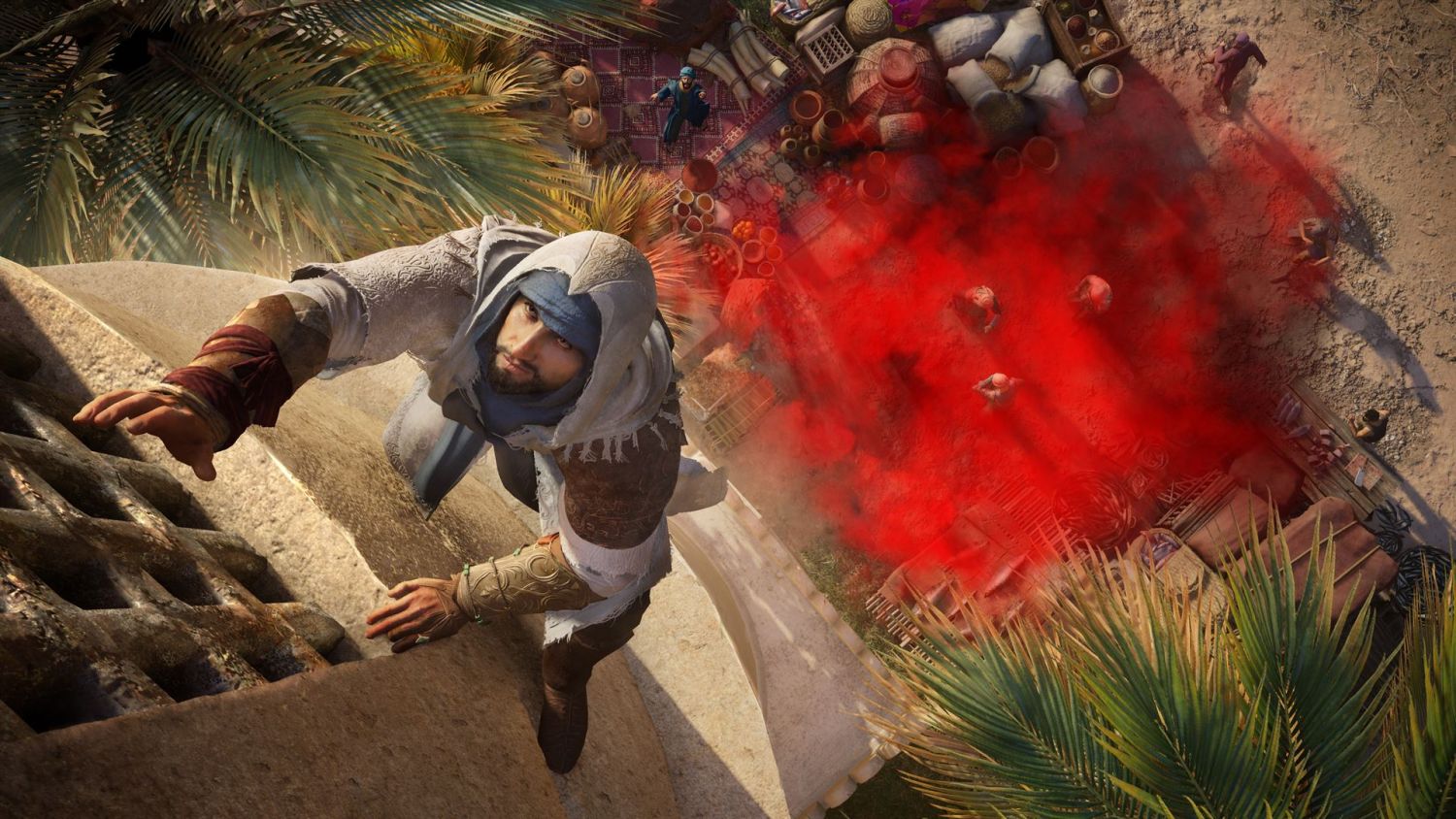
Nevertheless, with the new additions and a more condensed experience awaiting players in Assassin’s Creed Mirage, perhaps the most important takeaway Boudon and the team wants is for players to live through the story.
“The most obvious takeaway is really the story, where we took time to craft this narrative-driven journey of Basim, and I hope and I think we did a great job to bring an interesting and personal story which is also accessible to everyone. You don’t have to play through the other games, it is a unique standalone story, and we are very proud from a narrative perspective.”

